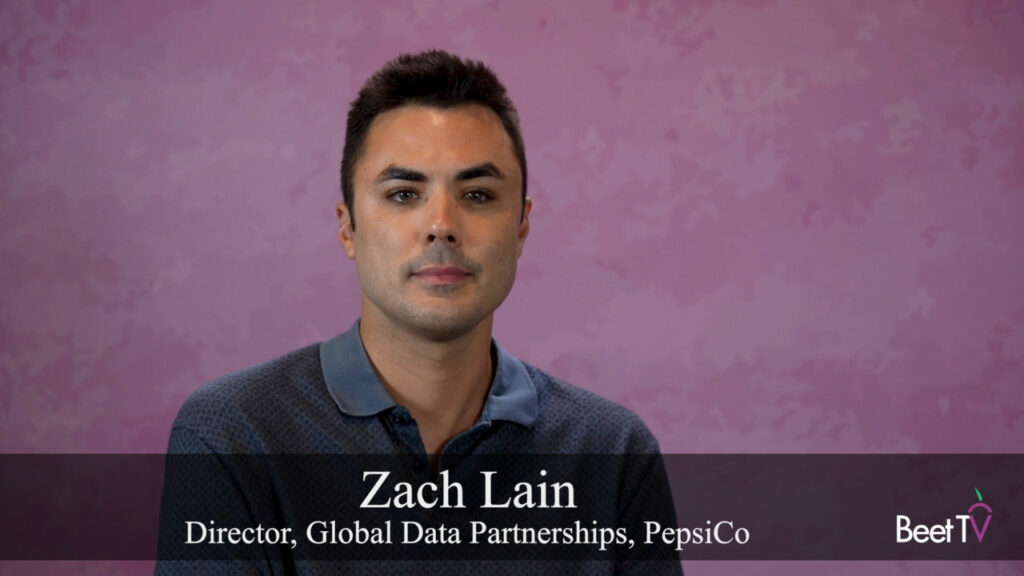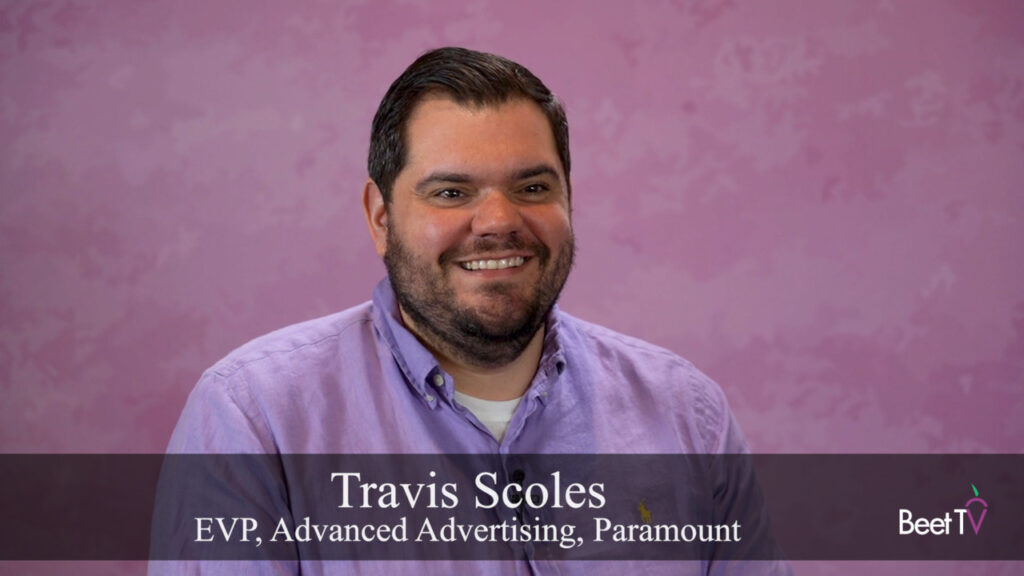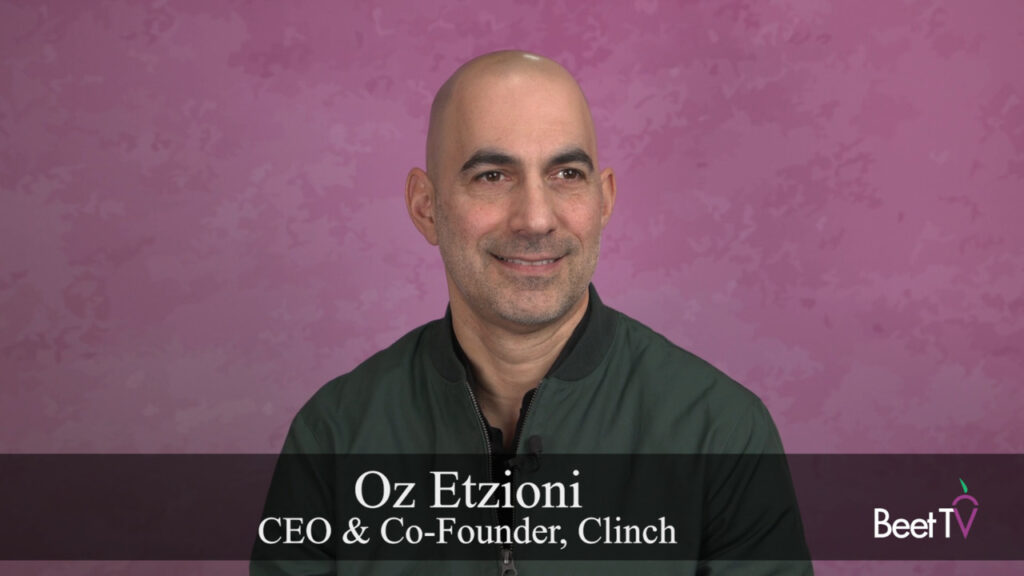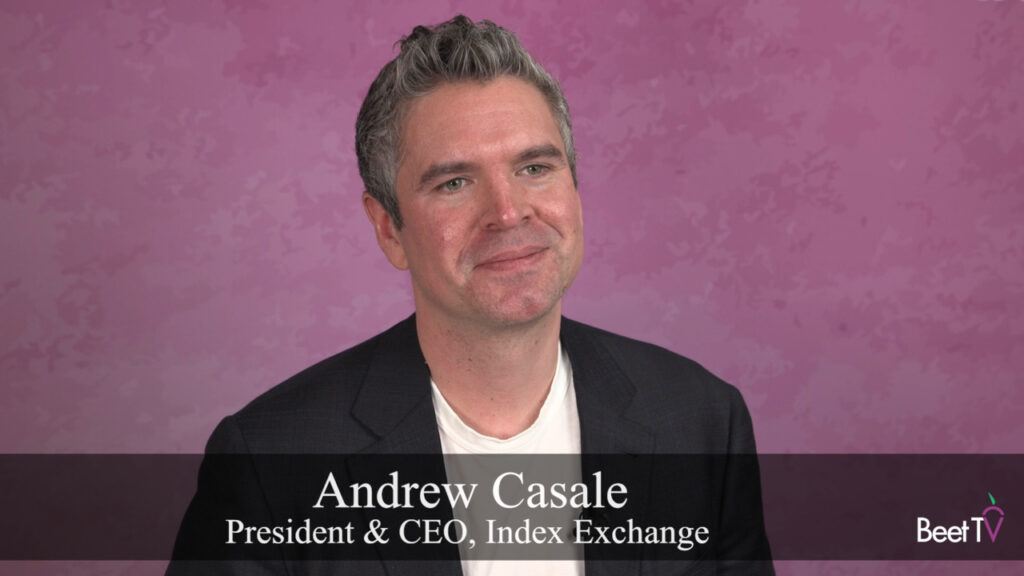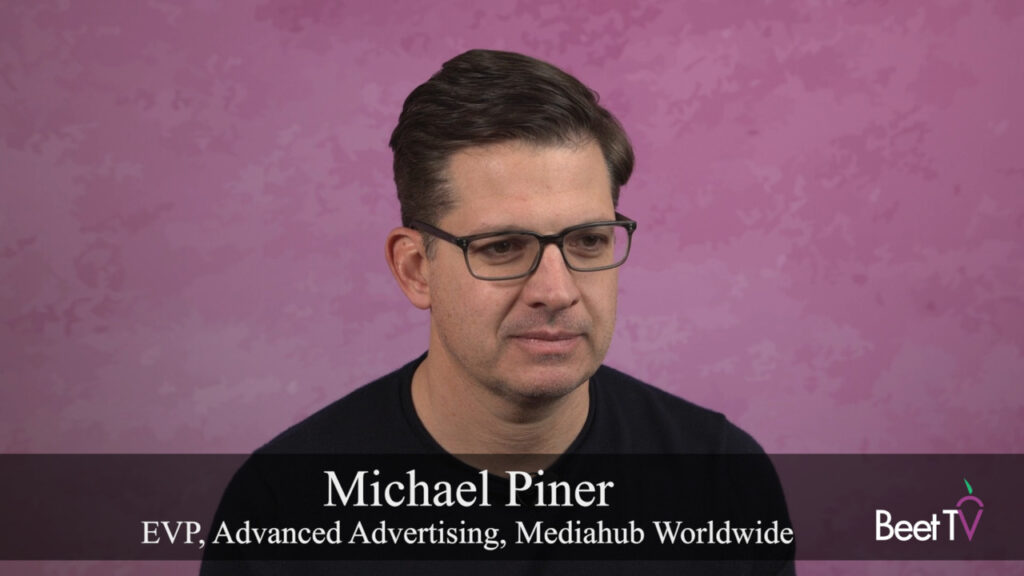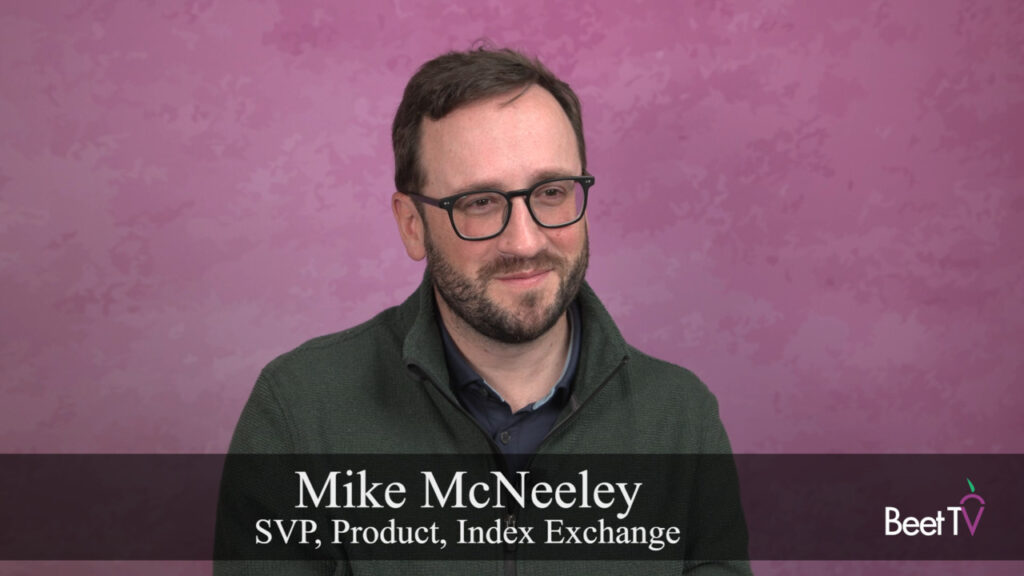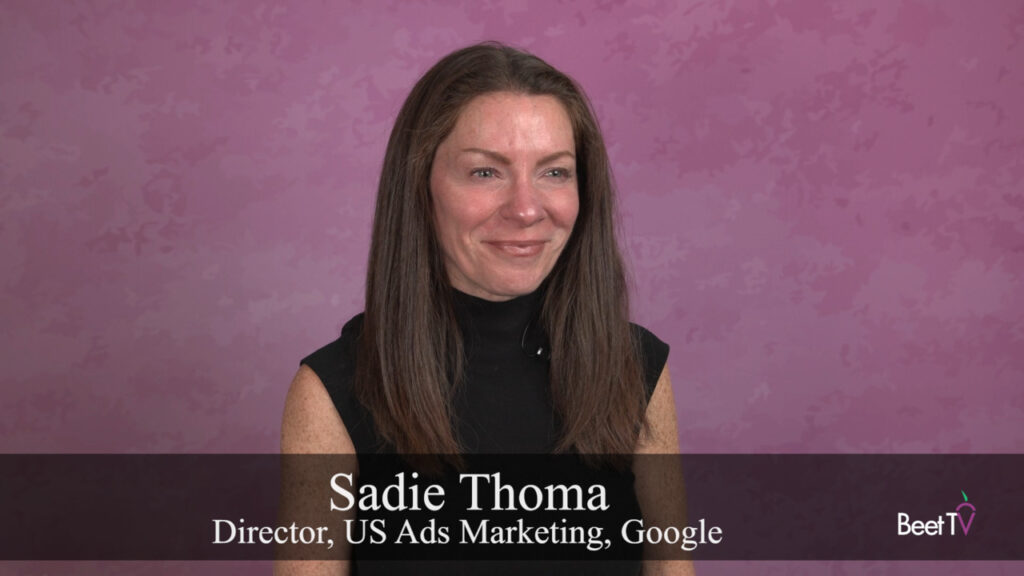There is growing awareness among companies that their marketing activities affect the environment. Greenhouse gasses not only come energy-intensive operations like running a factory or a fleet of trucks, but they also come from the electricity to host websites, store data or for automated bidding on digital advertising.
As global chief sustainability officer of UM, a unit of Interpublic Group’s IPG Mediabrands, Martin Bryan said marketers shouldn’t feel as if their business goals are at odds with their sustainability efforts.
“The perceived tradeoff between sustainability and profit – and it’s one that we at IPG Mediabrands believe there is no tradeoff,” he said in this interview with Beet.TV. “Sustainability can drive bottom-line growth for our clients — that purpose and profit work well together.”
UM has factual data from studies to demonstrate the synergies among effective advertising strategies, business outcomes and efforts to address climate change or reduce waste. The agency collaborates with firms such as Scope3 that help to measure emissions that are generated from media activations.
Scope3 and other firms are “working closely with us at IPG Mediabrands to ensure that we’re not only being as responsible as we possibly can with the investments on behalf of our clients, but that we’re also working to better understand where we can identify optimizations and improvements to our plans,” Bryan said.
Software Tools
IPG Mediabrands has software tools such as the Media Consumption Carbon Calculator to help evaluate the effects of media plans in countries throughout the world. The company’s efforts increasingly are an important part of its conversations with advertisers.
“Clients are asking to really start to better understand those downstream emissions that are generated in their marketing,” Bryan said. “For a number of our clients, marketing and advertising can be a significant contributor to their Scope Three emissions.”
The Environmental Protection Agency defines Scope Three emissions as those that a company doesn’t directly control, but affects in its supply chain. For marketers, that can mean the energy usage by media companies or other vendors.
“We are also starting to bring these solutions to clients, helping them understand how we can provide that level of insight, that level of detail that is critical for them,” Bryan said.
You’re watching “Convergent TV at a Moment of Change,” a Beet.TV Leadership Series presented by Nexxen. For more videos from this series, please visit this page.












